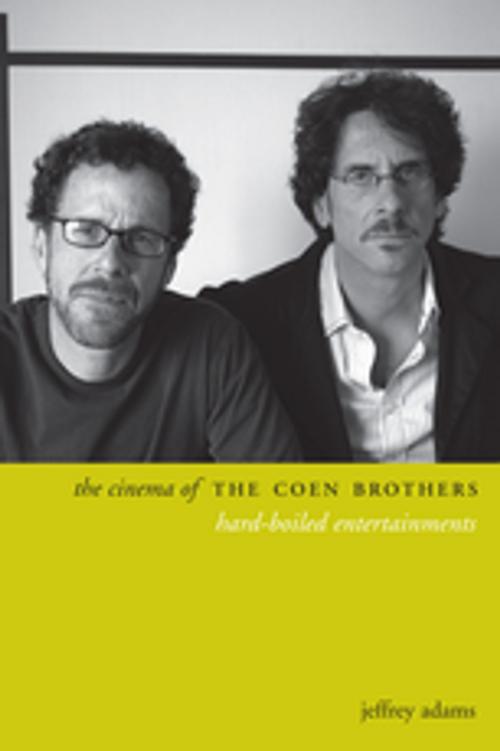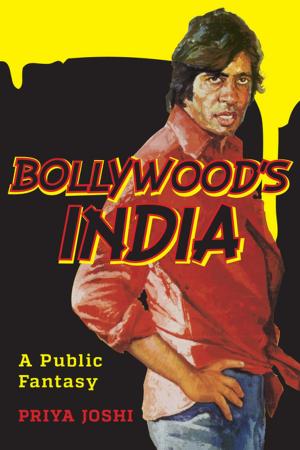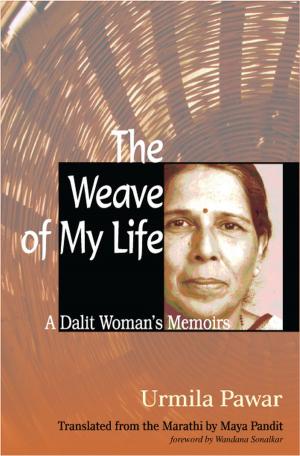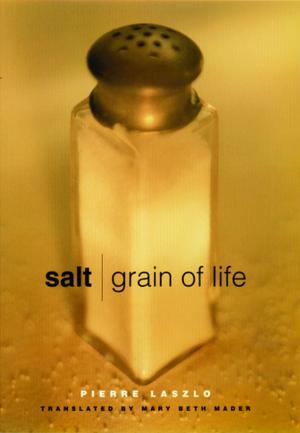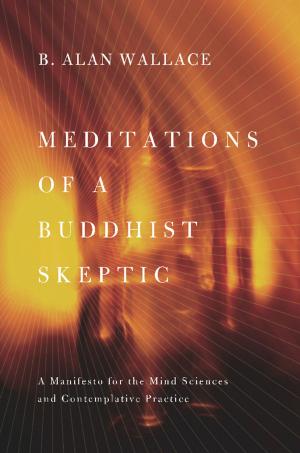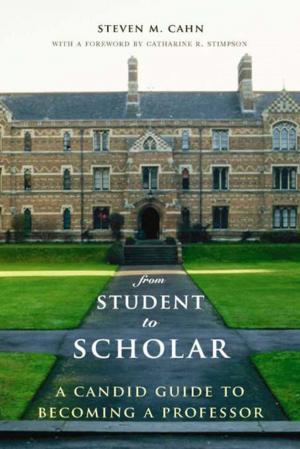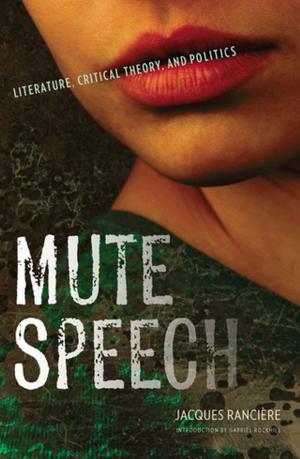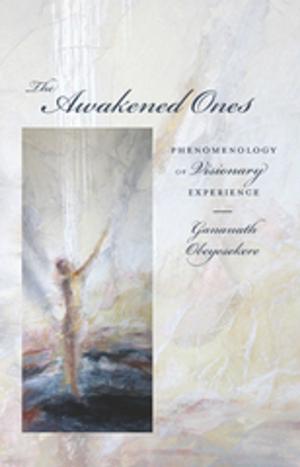The Cinema of the Coen Brothers
Hard-Boiled Entertainments
Nonfiction, Entertainment, Film, History & Criticism, Performing Arts| Author: | Jeffrey Adams | ISBN: | 9780231850810 |
| Publisher: | Columbia University Press | Publication: | July 14, 2015 |
| Imprint: | WallFlower Press | Language: | English |
| Author: | Jeffrey Adams |
| ISBN: | 9780231850810 |
| Publisher: | Columbia University Press |
| Publication: | July 14, 2015 |
| Imprint: | WallFlower Press |
| Language: | English |
The films of the Coen brothers have become a contemporary cultural phenomenon. Highly acclaimed and commercially successful, over the years their movies have attracted increasingly larger audiences and spawned a subculture of dedicated fans. Shunning fame and celebrity, Ethan and Joel Coen remain maverick filmmakers, producing and directing independent films outside the Hollywood mainstream in a unique style combining classic genres like film noir with black comedy to tell off-beat stories about America and the American Dream. This study surveys Oscar-winning films, such as Fargo (1996) and No Country for Old Men (2007), as well as cult favorites, including O Brother, Where Art Thou? (2000) and The Big Lebowski (1998). Beginning with Blood Simple (1984), it examines major themes and generic constructs and offers diverse approaches to the Coens' enigmatic films. Pointing to the pulp fiction of Dashiell Hammett, James M. Cain, and Raymond Chandler, the study appreciates the postmodern aesthetics of the Coens' intertextual creativity.
The films of the Coen brothers have become a contemporary cultural phenomenon. Highly acclaimed and commercially successful, over the years their movies have attracted increasingly larger audiences and spawned a subculture of dedicated fans. Shunning fame and celebrity, Ethan and Joel Coen remain maverick filmmakers, producing and directing independent films outside the Hollywood mainstream in a unique style combining classic genres like film noir with black comedy to tell off-beat stories about America and the American Dream. This study surveys Oscar-winning films, such as Fargo (1996) and No Country for Old Men (2007), as well as cult favorites, including O Brother, Where Art Thou? (2000) and The Big Lebowski (1998). Beginning with Blood Simple (1984), it examines major themes and generic constructs and offers diverse approaches to the Coens' enigmatic films. Pointing to the pulp fiction of Dashiell Hammett, James M. Cain, and Raymond Chandler, the study appreciates the postmodern aesthetics of the Coens' intertextual creativity.
